-
Temperature variation in caves and its significance for subterranean ecosystems
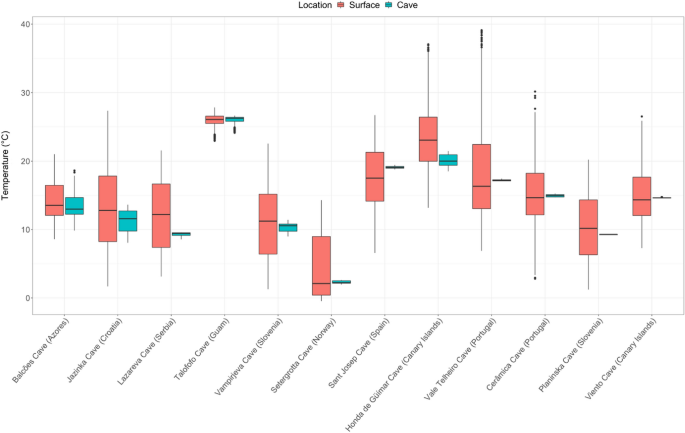
Abstract Climate change affects all ecosystems, but subterranean ecosystems are repeatedly neglected from political and public agendas. Cave habitats are home to unknown and endangered species, with low trait variability and intrinsic vulnerability to recover from human-induced disturbances. We studied the annual variability and cyclicity of temperatures in caves vis-à-vis surface in different climatic areas.…
-
Retroperitoneal totally endoscopic prosthetic repair of lumbar hernia

Abstract Lumbar hernia is a rare lateral abdominal wall hernia. Various surgical repair strategies have been recorded, but there is currently no unified standard. A Chinese surgeon recently revealed a novel technique for treating primary lumbar hernia called retroperitoneal totally endoscopic prosthetic repair (R-TEP). We have made a further exploration of this method and successfully…
-
A positive feedback loop regulation between NOTCH1 and USP11 in T-cell leukemia
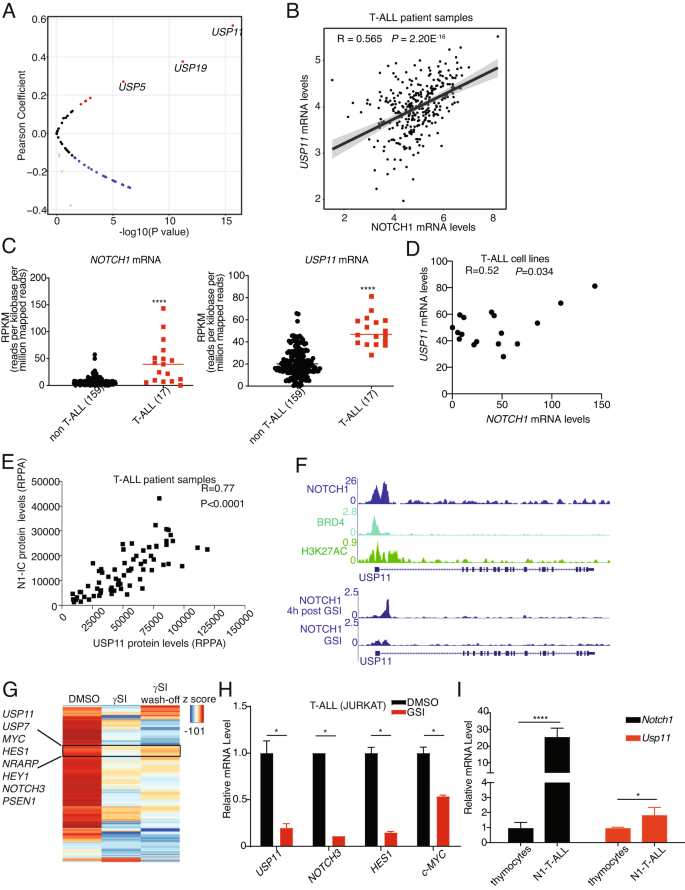
To the Editor: NOTCH1 is a transmembrane receptor in a highly conserved signaling pathway that controls cell fate decisions in various organisms and tissues. In contrast, its dysregulation is associated with developmental disorders transformation [1]. NOTCH1 is composed of extracellular and intracellular domains. Ligand binding of NOTCH1 extracellular domain leads to two consecutive cleavage steps…
-
Muscle activity variability patterns and stride to stride fluctuations of older adults are positively correlated during walking
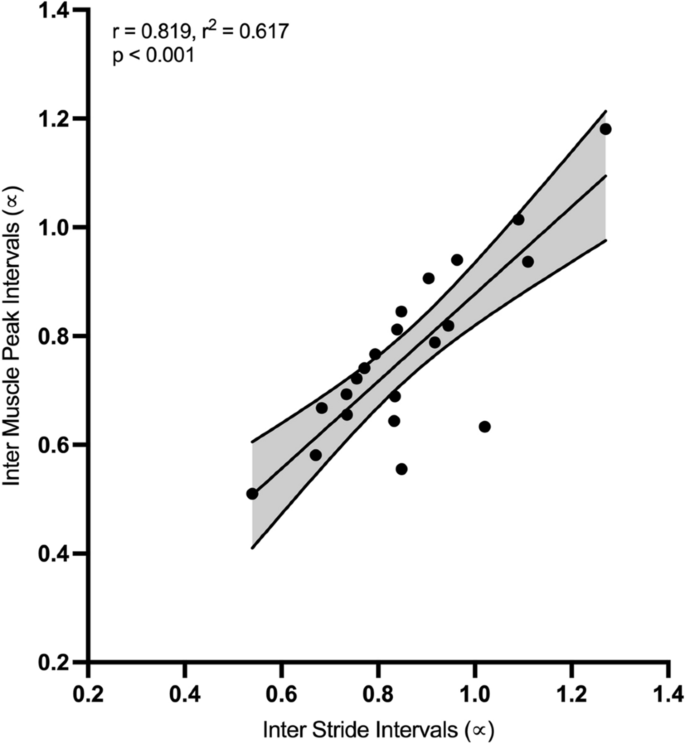
Abstract It has been found that fractal-like patterns are present in the temporal structure of the variability of healthy biological rhythms, while pathology and disease lead to their deterioration. Interestingly, it has recently been suggested that these patterns in biological rhythms are related with each other, reflecting overall health or lack of it, due to…
-
Implementing quality management systems to close the AI translation gap and facilitate safe, ethical, and effective health AI solutions
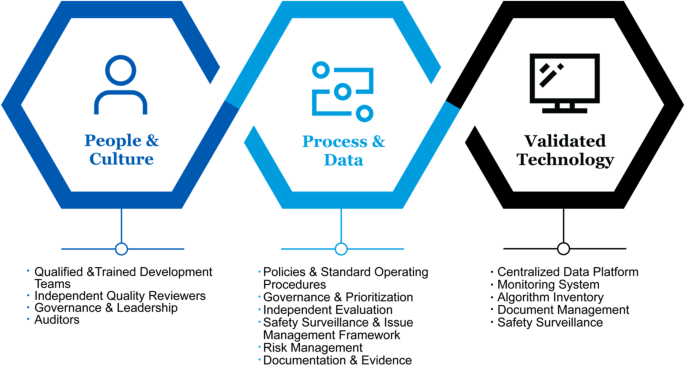
The integration of Quality Management System (QMS) principles into the life cycle of development, deployment, and utilization of machine learning (ML) and artificial intelligence (AI) technologies within healthcare settings holds the potential to close the AI translation gap by establishing a robust framework that accelerates the safe, ethical, and effective delivery of AI/ML in day-to-day…
-
Essential oil components of turmeric inhibit hepatic lipidification and liver fibrosis in a diet-induced NASH model rats
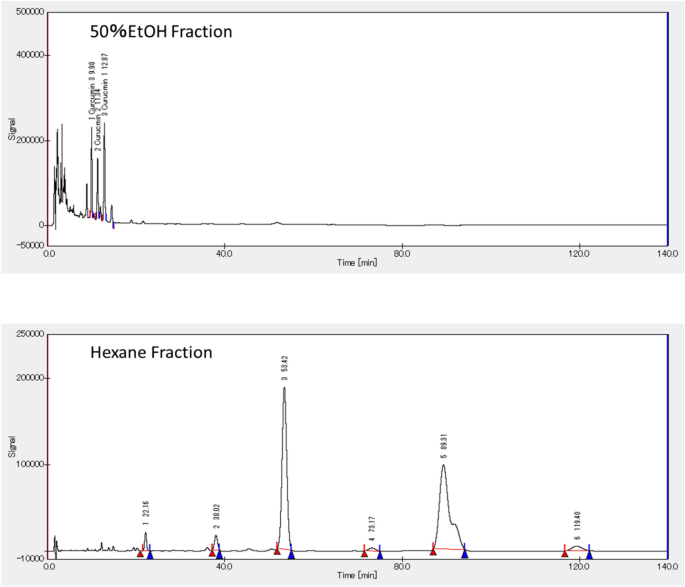
Abstract In this study, the fraction extracted from turmeric powder with 50% ethanol and fractionated with n-hexane were administered to diet-induced NASH model rats. NASH model was prepared with SD rats by feeding an originally designed choline-deficient, high-fat, high-fructose (HFF-CD) diet for 10 weeks. To the HFF-CD diet, hexane fraction and 50% ethanol fraction after hexane…
-
Lafayette event links humanity, science and nature
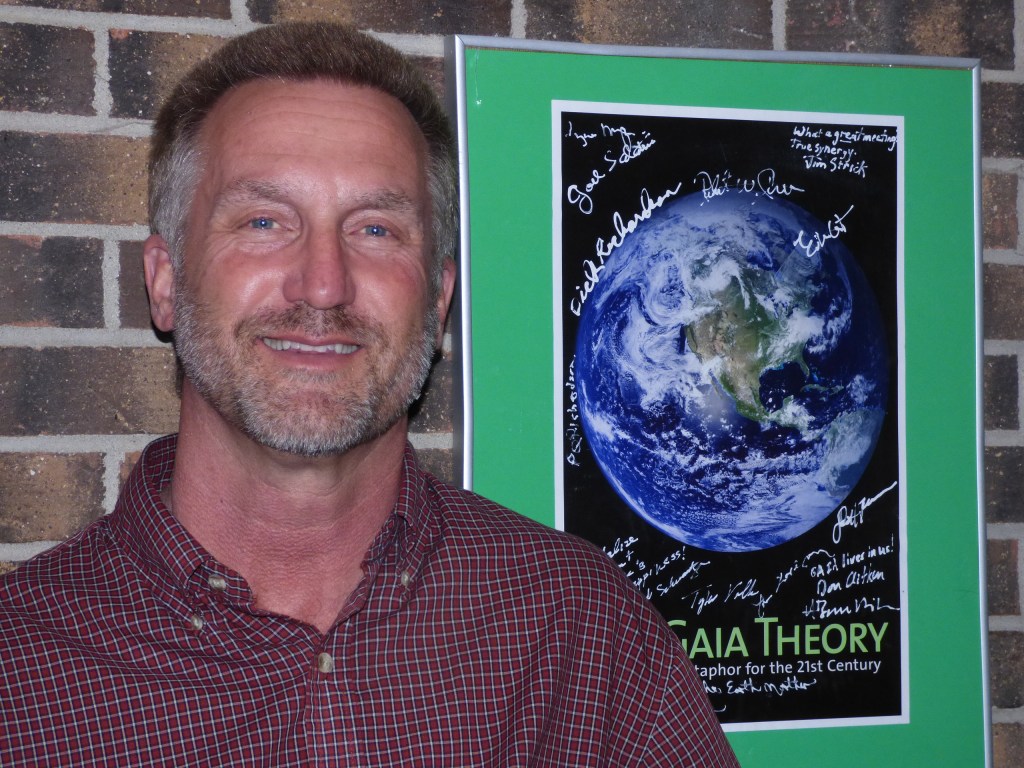
Humans developing relationships with each other, the Earth and how people treat their planet will be discussed at the “Gaia Theory: Model and Metaphor for the 21st Century” lecture in Lafayette. The Lafayette Public Library, 775 Baseline Road, will host Martin Ogle, founder of Entrepreneurial Earth, for a lecture on Gaia Theory 6:30-7:30 p.m. Thursday.…
-
Most powerful cosmic ray in decades has scientists asking, ‘What the heck is going on?’

Scientists are seeking answers to a new outer space mystery after a telescope in Utah detected the most powerful cosmic ray seen in more than three decades, according to the authors of new research published Thursday in the journal Science. A puzzling, extremely rare, ultra-high-energy particle is believed to have traveled to Earth from beyond…
-
Hydrogen Detected In Lunar Samples
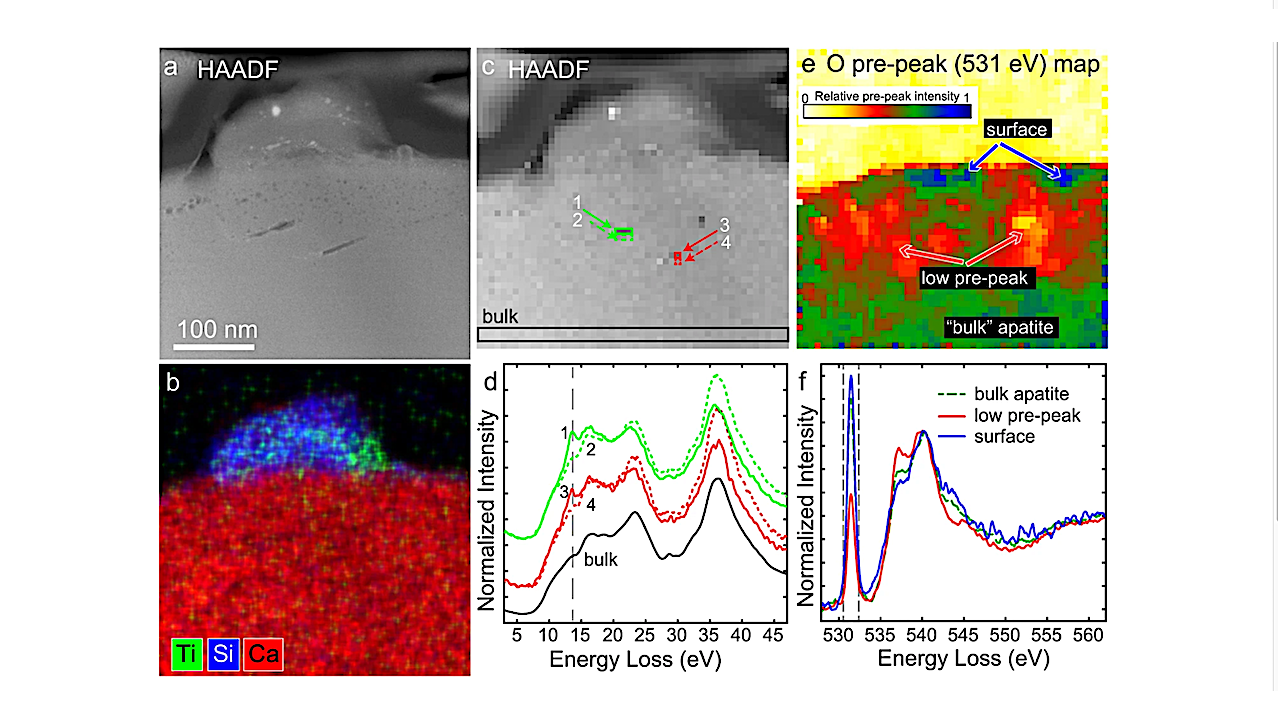
a HAADF image showing region with melt bleb with large vesicles beneath it. b EDS element map shows the bleb is silicate with variable composition of elements including Ti. c HAADF image showing individual pixels in the spectra image. d Low-loss EELS from pixels noted in (c). Solid numbered lines are from pixels within vesicles…
-
Deaths From Coal Pollution Have Dropped, But Emissions May be Twice as Deadly
Coal, the dirtiest of fossil fuels, is far more harmful to human health than previously thought, according to a new report, which found that coal emissions are associated with double the mortality risk compared with fine airborne particles from other sources. From a report: The research, published Thursday in the journal Science, linked coal pollution…